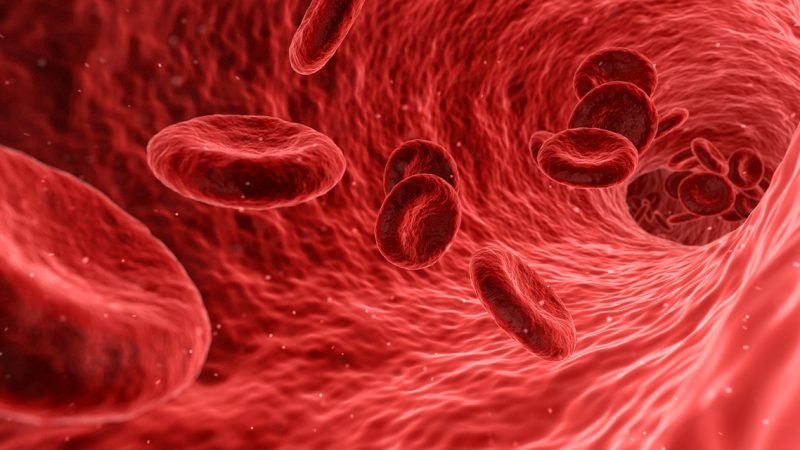Microbiology
What Is Microbiology?
Microbiology is the study of all living organisms that are too small to be seen with the naked eye, known as microbes. These microbes have a lot to do with our food, climate change, and disease—the causes, prevention, and cure. Microbiology research has done a lot for the world to develop drugs, wipe out epidemics, create bio-fuels, make our foods safe, and even help with pollution. Microbiologists spend a lot of their time examining specimens and looking at various reactions that occur between microbes, all using powerful microscopes. These scientists often need to work with others in the field and be able to report their findings to different people—colleagues, government officials, and the population in general. Remarkable discoveries can be and have been made.
Lab Assistant positions may be available in the field for high school graduates who have lab experience. But, you’ll need a bachelor’s degree in biology or chemistry to even think about working in the field at a professional level. Graduate school may also be required. So, if you like the idea of working in a lab, doing very sensitive work that could lead to great things, and you’re talented in the science field, microbiology may be the field for you. With proper preparation you could work in positions like Microbiology Program Manager, Microbiologist, Medical Technologist – General Microbiology, Microbiology Analyst, Manager – Clinical Microbiology, and QC Microbiology Manager.


